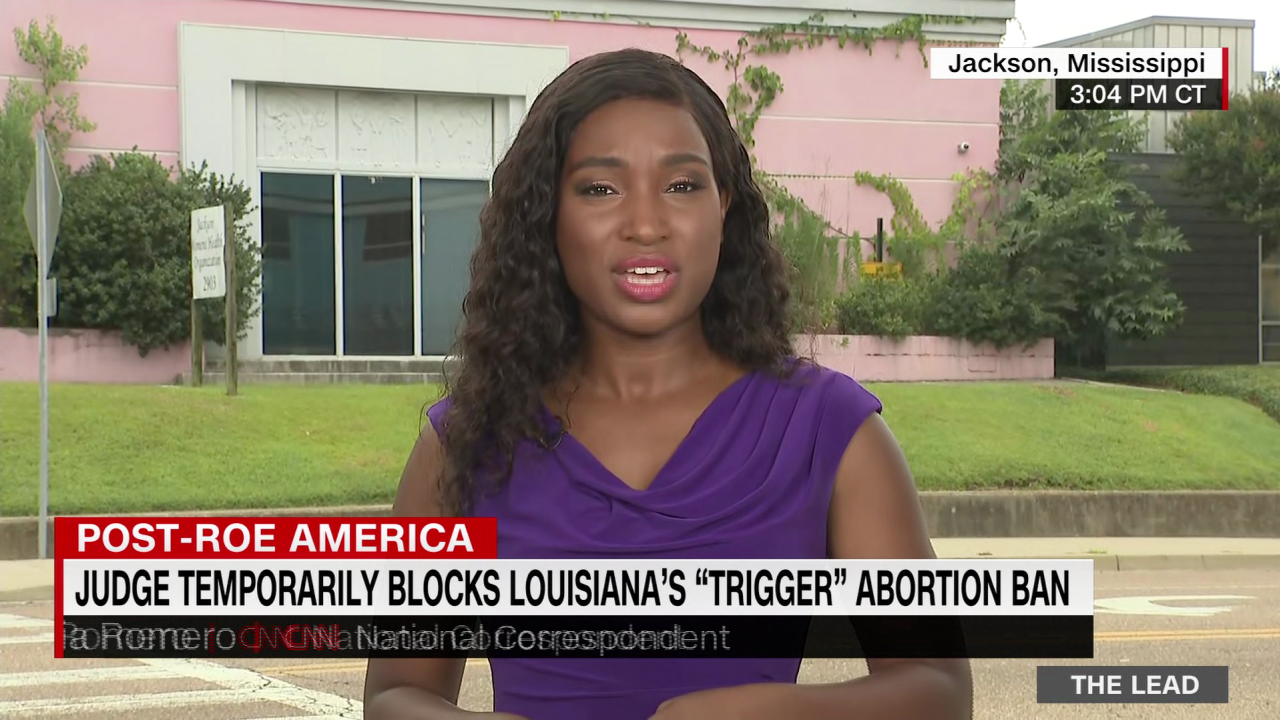US Department of Health and Human Services Secretary Xavier Becerra pledged to protect access to reproductive health care in a news conference on Tuesday, including considering steps to increase access to medication abortion.
Becerra said the department would work to increase access to medication abortion across the country and work with the department’s Office for Civil Rights to protect patient and provider privacy.
HHS will also examine the department’s authority in protecting the clinical judgment of health care providers in treating pregnant patients and work on training clinicians in family planning.
Becerra also said the Centers for Medicare and Medicaid Services would “take every legally available step” to protect access to family planning care.
“There is no magic bullet, but if there is something we can do we will find it and we will do it at HHS,” Becerra said. “Indeed that was the instruction I received from the President of the United States.”
This move comes after the Supreme Court released a decision Friday overturning Roe v. Wade.
Becerra called the decision “despicable,” and said it “unconscionably put at risk the life and health of millions of our fellow Americans.”
“The Supreme Court’s decision will result in worsened health outcomes and death for some patients. Working to increase access to this (abortion) drug is a national imperative and in the public interest,” Becerra said.
‘Stay tuned’ for more on medication abortion
Becerra’s announcement on Tuesday included few new concrete steps to change the landscape of abortion access in a country where abortion rights are no longer guaranteed at the federal level, but the HHS secretary insisted his department is still aiming to do more.
“You want to make sure that what you do is within, as I said, the confines of the law. We’re not interested in going rogue and doing things just because,” Becerra said. “To every American who’s impacted, my apologies that, as I said, we can’t tell you there’s a silver bullet. But what I am saying to you is that the more we dig, we will do everything we can with what we find to make sure we are protecting women’s reproductive health care services.”
The department is currently looking at ways to legally increase access to medication abortion treatments, Becerra said.
“Medication abortion – those treatments that FDA has signed off on as safe and effective – are available to be prescribed. Under what conditions? Stay tuned,” he said.
When asked if the department is taking the position that because the pills are approved by the US Food and Drug Administration, any doctor in the country can prescribe them, Becerra said he couldn’t be precise.
“Those medications that may be classified as medication abortion that have received FDA’s approval as safe and effective are therefore available for prescription. What I won’t do in answering your question is tell you what precisely that means,” he said, adding, “We’re going to stay within the confines of the law, even though it’s a law that I personally believe jeopardizes the health of women, we will stay within the confines of the law.”
HHS considers transportation assistance
Becerra emphasized that HHS is examining “every option” in addressing abortion access, including transportation assistance to people traveling out-of-state to receive an abortion.
Get CNN Health's weekly newsletter
Sign up here to get The Results Are In with Dr. Sanjay Gupta every Tuesday from the CNN Health team.
He was pressed on whether his department is considering facilitating travel for women who cannot legally obtain abortion in their home state, including through travel vouchers, something Vice President Kamala Harris told CNN was under consideration.
“Once we tell you exactly what we believe we are able to do and have the money to do, we will let you know. But until then, what I can simply say to you is that every option is on the table,” Becerra said.
Becerra first brought up the possibility of transportation at Aspen Ideas: Health on Saturday, where he said, “We’re looking at everything, including assisting in transportation, something that HHS doesn’t typically do.”






